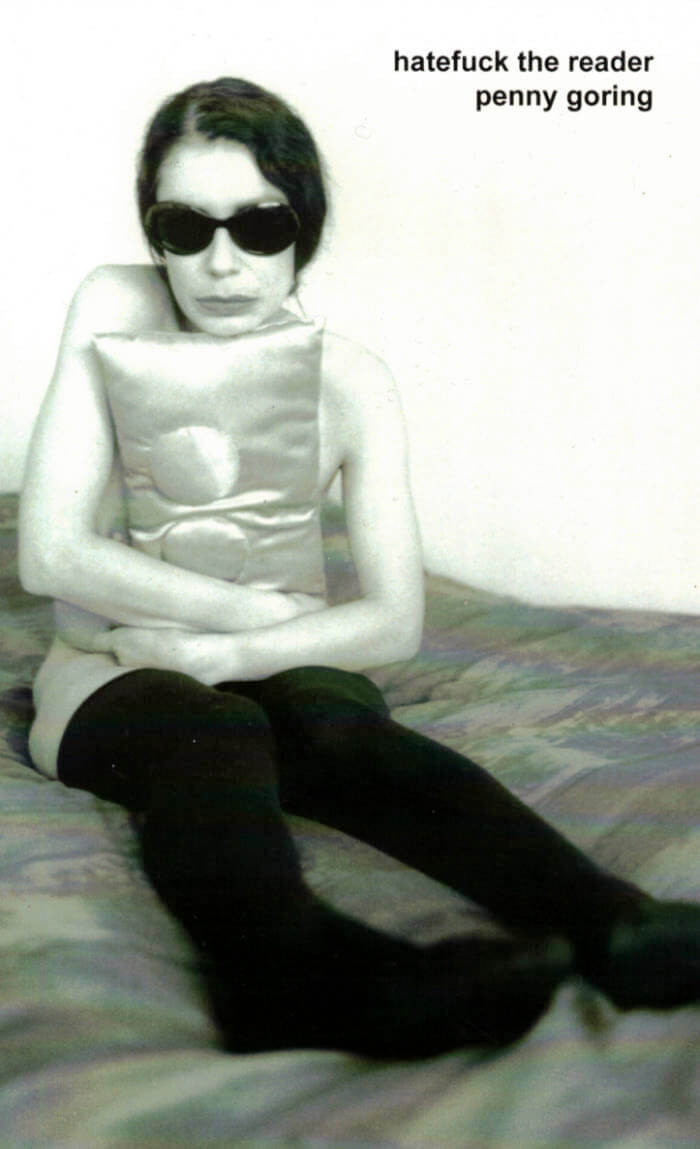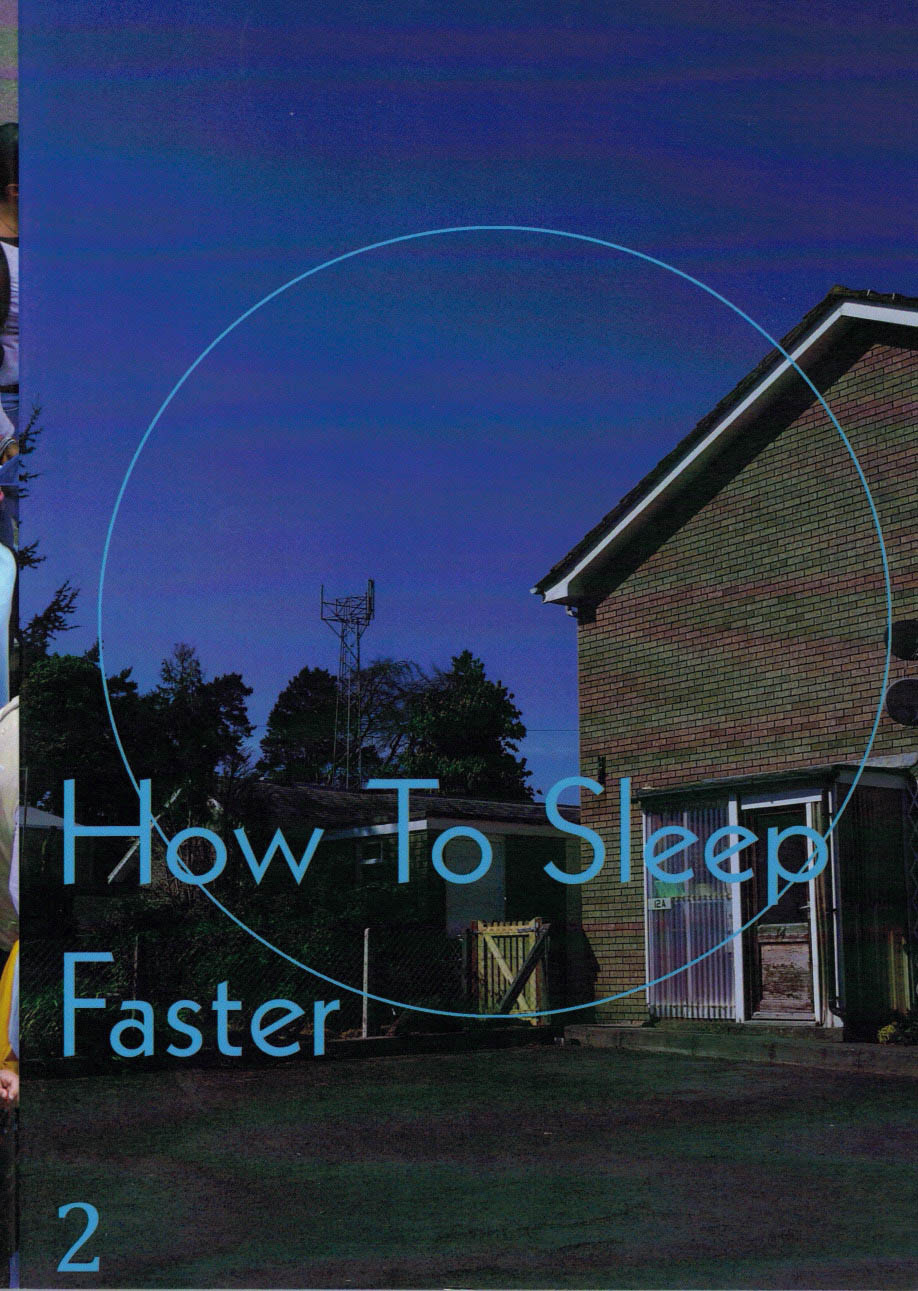
Virus
WHAT TO EXPECT IN THIS BOOK:
* tentacle sex
* Kathy Acker
* the violent deaths of male genius artists, philosophers and theorists
* zombies
* sirens
* biohacking
* rampant plagiarism
* cop killing
* spells you can use at home
Language: English

WHAT TO EXPECT IN THIS BOOK:
* tentacle sex
* Kathy Acker
* the violent deaths of male genius artists, philosophers and theorists
* zombies
* sirens
* biohacking
* rampant plagiarism
* cop killing
* spells you can use at home
Language: English

“This book is about damage and violence, about the ramifications of channeling intensity at all costs. It is a text that is utterly compelling, that you tumble into and cannot escape from. I fucking loved it.” — Dodie Bellamy

What are our politics of refusal? Sleep? Catatonia? Hedonism? Transgression even? #hustle?
[Can refusal can be performed as resistance and not operate as preemptively fucked. . .]
Arcadia Missa Publications; Rózsa Farkas, Holly Childs, Leila Kozma, Tom Clark (eds)

How to Sleep Faster 2 is the second of our biannually published journals that form the backbone of Arcadia Missa’ critical collaborative discourse on participation, post-digital visual-production and institutional subjectivity.This issue explores moments of collapse, shift and potential in a cultural moment framed by economic, political and societal disturbance.
Arcadia Missa Publication; eds Rozsa Farkas, Tom Clark et al.



First published in 1994, Robert Glück’s Margery Kempe is one of the most provocative, poignant, and inventive American novels of the last quarter century.
The book tells two stories of romantic obsession. One, based on the first autobiography in English, the medieval Book of Margery Kempe, is about a fifteenth-century woman from East Anglia, a visionary, a troublemaker, a pilgrim to the Holy Land, and an aspiring saint, and her love affair with Jesus. It is complicated. The other is about the author’s own love for an alluring and elusive young American, L. It is complicated. Between these two Margery Kempe, the novel, emerges as an unprecedented exploration of desire, devotion, abjection, and sexual obsession in the form of a novel like no other novel.
Robert Glück’s masterpiece bears comparison with the finest work of such writers as Kathy Acker and Chris Kraus. This edition includes an essay by Glück about the creation of the book titled "My Margery, Margery's Bob."

The first full-scale authorized biography of the pioneering experimental novelist Kathy Acker, one of the most original and controversial figures in 20th-century American literature.
Kathy Acker (1947–1997) was a rare and almost inconceivable a celebrity experimental writer. Twenty-five years after her death, she remains one of the most original, shocking, and controversial artists of her era. The author of visionary, transgressive novels like Blood and Guts in High School ; Empire of the Senses ; and Pussy, King of Pirates , Acker wrote obsessively about the treachery of love, the limitations of language, and the possibility of revolution.
She was notorious for her methods—collaging together texts stolen from other writers with her own diaries, sexual fantasies, and blunt political critique—as well as her appearance. With her punkish hairstyles, tattoos, and couture outfits, she looked like no other writer before or after. Her work was exceptionally prescient, taking up complicated conversations about gender, sex, capitalism, and colonialism that continue today.

Sticky Fingers' Fortune Teller features wisdom from McKenzie Wark, Octavia E. Butler, Kate Zambreno, bell hooks, Clarice Lispector, Eileen Myles, Kathy Acker, Johanna Hedva, Lou Sullivan, Audre Lorde, June Jordan, and Anne Boyer.
A3, single colour risograph